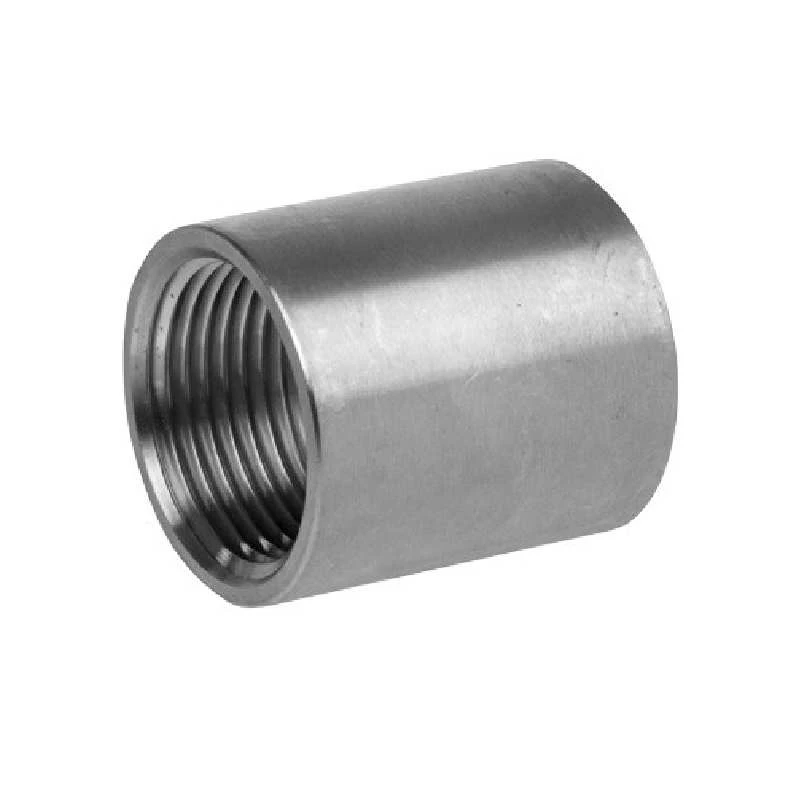-
Cangzhou Yulong Steel Co., Ltd.
-
Phone:
+86 13303177267 -
Email:
admin@ylsteelfittings.com
- English
- Arabic
- Italian
- Spanish
- Portuguese
- German
- kazakh
- Persian
- Greek
- French
- Russian
- Polish
- Thai
- Indonesian
- Vietnamese
- Zulu
- Korean
- Uzbek
- Hindi
- Serbian
- Malay
- Ukrainian
- Gujarati
- Haitian Creole
- hausa
- hawaiian
- Hebrew
- Miao
- Hungarian
- Icelandic
- igbo
- irish
- Japanese
- Javanese
- Kannada
- Khmer
- Rwandese
- Afrikaans
- Albanian
- Amharic
- Armenian
- Azerbaijani
- Basque
- Belarusian
- Bengali
- Bosnian
- Bulgarian
- Catalan
- Cebuano
- China
- China (Taiwan)
- Corsican
- Croatian
- Czech
- Danish
- Esperanto
- Estonian
- Finnish
- Frisian
- Galician
- Georgian
- Kurdish
- Kyrgyz
- Lao
- Latin
- Latvian
- Lithuanian
- Luxembourgish
- Macedonian
- Malgashi
- Malayalam
- Maltese
- Maori
- Marathi
- Mongolian
- Myanmar
- Nepali
- Norwegian
- Norwegian
- Occitan
- Pashto
- Dutch
- Punjabi
- Romanian
- Samoan
- Scottish Gaelic
- Sesotho
- Shona
- Sindhi
- Sinhala
- Slovak
- Slovenian
- Somali
- Sundanese
- Swahili
- Swedish
- Tagalog
- Tajik
- Tamil
- Tatar
- Telugu
- Turkish
- Turkmen
- Urdu
- Uighur
- Welsh
- Bantu
- Yiddish
- Yoruba

നവം . 25, 2024 01:28 Back to list
Understanding the Rusting Process of Galvanized Pipes and Its Implications for Durability
Understanding Rusting in Galvanized Pipes
Galvanized pipes have become a popular choice for various plumbing applications, especially in outdoor or corrosive environments. These pipes are made of steel that has been coated with a layer of zinc to protect against corrosion. However, many people wonder about the durability of galvanized pipes in relation to rusting. This article will explore the rusting process in galvanized pipes, including factors that contribute to corrosion and maintenance tips to prolong their lifespan.
The Corrosion Process
Rusting occurs when iron or its alloys oxidize in the presence of moisture and oxygen. However, galvanized pipes are coated with zinc, which serves as a protective layer to prevent rust. Zinc is more reactive than iron, so it corrodes first, sacrificing itself to protect the underlying steel. This process, known as galvanic protection, can significantly slow down rusting in the pipe. However, various factors can influence how long the galvanized coating lasts before rusting starts to occur.
Factors Affecting Rusting
1. Quality of Galvanization The effectiveness of the zinc coating is crucial. A thicker layer of zinc means better protection against rust. Quality control during manufacturing can affect the thickness and uniformity of the galvanization process.
2. Environmental Conditions Galvanized pipes that are exposed to harsh environments, such as coastal areas with saltwater exposure or industrial areas with atmospheric pollutants, may experience accelerated corrosion. Chemicals in the air, such as chlorine from pools or acids from industrial processes, can also weaken the zinc layer.
3. Moisture Levels Constant exposure to moisture or standing water can accelerate the corrosion process. While the zinc coating is initially protective, prolonged dampness can lead to corrosion of the underlying steel once the zinc is compromised.
galvanized pipe rusting

4. Physical Damage Scratches, dents, or other forms of mechanical damage can reveal the bare metal beneath the zinc coating, making it susceptible to rust. This is particularly concerning in high-traffic areas where pipes may be bumped or scraped.
Maintenance and Prevention
To extend the life of galvanized pipes and prevent rusting, regular maintenance is key. Here are some tips
- Regular Inspections Check pipes regularly for signs of damage or wear. Look for areas where the zinc coating may have been compromised.
- Protective Coatings If you notice areas where the galvanized coating is damaged, consider applying a protective paint or sealant to prevent rust formation.
- Control Moisture Keep the areas around your pipes dry and free from standing water. Proper drainage can help mitigate corrosion.
- Monitor Water Quality If the water has high acidity or levels of chlorine, consider using filters or treatment systems to mitigate corrosive effects on the pipes.
In conclusion, while galvanized pipes are resistant to rusting thanks to their protective zinc coating, they are not entirely immune to corrosion. By understanding the factors that affect rusting and implementing proper maintenance strategies, homeowners and professionals can ensure the longevity and effectiveness of galvanized plumbing systems. Ultimately, proactive measures can greatly extend the life of galvanized pipes, safeguard against costly repairs, and maintain the integrity of the water supply they transport.
Latest news
-
ANSI 150P SS304 SO FLANGE
NewsFeb.14,2025
-
ASTM A333GR6 STEEL PIPE
NewsJan.20,2025
-
ANSI B16.5 WELDING NECK FLANGE
NewsJan.15,2026
-
ANSI B16.5 SLIP-ON FLANGE
NewsApr.19,2024
-
SABS 1123 FLANGE
NewsJan.15,2025
-
DIN86044 PLATE FLANGE
NewsApr.19,2024
-
DIN2527 BLIND FLANGE
NewsApr.12,2024
-
JIS B2311 Butt-Welding Fittings LR/SR 45°/90° /180°Seamless/Weld
NewsApr.23,2024











